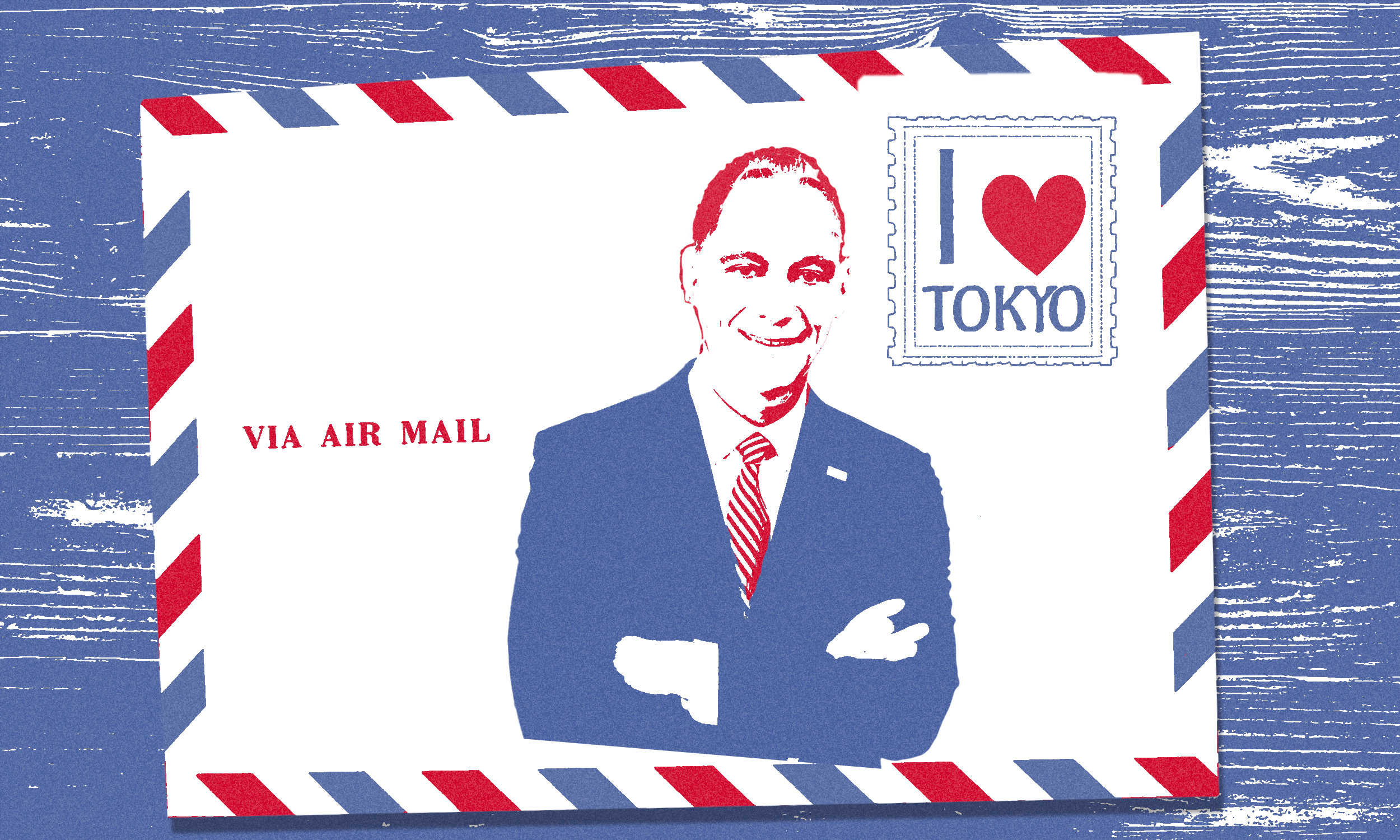Issue:
February 2025
Outgoing U.S. ambassador Rahm Emanuel hails ‘unbreakable’ bilateral ties

In his final visit to the FCCJ as U.S. Ambassador in early January, Rahm Emanuel reflected on his three years here at a briefing that ranged from laughter to tears, and from indignation to something amounting to a love letter to Japan.
Emanuel arrived in January 2022, eyeing deeper ties between Washington and Tokyo amid criticism that the bilateral relationship had stagnated. His first FCCJ appearance came shortly after the Russian invasion of Ukraine, his second in 2024, with his valedictory appearance coming soon after Donald Trump defeated Kamala Harris in the race for the White House.
Both houses of Congress will also be Republican, meaning that Emanuel’s Democrat party will be in a minority for at least two years. Not surprisingly, the outgoing ambassador said he would not remain quiet.
Trump’s nominee to fill the post in Tokyo is George Glass, a real estate developer, investment banker, and former ambassador to Portugal, whom Emanuel has reportedly briefed about Japan.
Emanuel struggled to contain his emotions when he recalled his family origins as migrants to the U.S, then pivoted to his Senate confirmation hearings in 2021, when he predicted that the next three years of bilateral relations would impact the next three decades. He told the FCCJ that history would ultimately judge if that prediction had come true. At the very least, he said, Washington-Tokyo ties had improved during his time in Japan.
“Did I play a role in reinvigorating, reimagining, and reenergizing (our) relationship?” he asked. “I played that role.”
Emanuel cited the Defense Industrial Cooperation and Sustainment forum, the establishment of a separate U.S. command and control center in Japan, and stronger joint regional security ties with South Korea and the Philippines.
He acknowledged new challenges, such as Nippon Steel’s apparently failed $14.1 billion acquisition of the U.S. Steel Corporation after it was rejected by then President Joe Biden on national security grounds. He refrained from making further comment, due to the Japanese company’s pending litigation, and instead contended that the overall Japan-U.S. relationship was stronger than any single business deal.
He sought to justify his decision not to attend last August’s ceremony to mark the 79th anniversary of the atomic bombing of Nagasaki – to which the Israeli ambassador had pointedly not been invited. “I stand by the decision,” he said. “I did not let the day go by without every employee at the U.S. embassy and myself one or multiple times recognizing that moment.”
Other disruptions have emerged since, not least Yoon Suk Yeol’s declaration of martial law in December that led to the South Korean president’s impeachment. Emanuel said the crisis had left him shaking his head. “I thought I read the headline the wrong way,” he said. “I had to do a double take … the trilateral will move forward, (but) the real question is will the trilateral thrive.”
When challenged about the strength of the U.S. commitment to security treaties with Europe and Asia, Emanuel sounded like Colonel Nathan Jessup in the film A Few Good Men. “I totally disagree with the assumptions of your question,” he told the correspondent.
“In the last century, when Europe was fighting Europe, the United States was called upon, and young men, principally, lost their lives defending not only the ideas of freedom and liberty, but against violence and aggression,” he said. “Many people go to sleep at night around the world knowing that the United States is there.”
Pledged his love for Japan, Emanuel promised to return in March, when his hometown Chicago Cubs, which won their first World Series in more than a century when he was mayor of the city, will open the 2025 Major League Baseball season in Tokyo.
“When the Chicago Cubs win a game, in windows in both business and residential establishments, a white flag with the letter W, appears,” he said. “I don’t want you to be surprised if the U.S. ambassador’s residence (in Tokyo) … will be flying the W flag.”
In a final embrace of his recent home, Emanuel said living in Japan had been an honor and an education. “The two bitterest of foes can become the best of friends, both through dialogue and diplomacy,” he said. “I stand absolutely confident in (what) bonds us together.”
Dan Sloan is president of the FCCJ. He joined the club in 1994 and previously served as president in 2004 and 2005-06. He reported for Knight-Ridder and Reuters for nearly two decades.

